It's a strange, strange time in our world.
During this period of isolation, uncertainty, fear and loss, I want to continue showing up for you and serving you by having a small positive impact on your days, through my words or my colorful art.
In today's post, I wanted to share some tips for managing the very valid feelings of stress or anxiety many of us are experiencing during this difficult time.
1. Practice acceptance
Given the weight of this situation, it's important to be kind to ourselves, to accept that it's a terrible time for us, and to give ourselves the grace to work through these tricky but valid emotions.
2. Limit the information overload
So many people in our personal and professional networks are sharing news, articles, opinions, memes, videos, TED talks and recommendations. It's normal to feel overwhelmed.
Limit your information consumption to reputable sources and verified information (and to a few funny memes), and be sure to give yourself time to UNPLUG.
3. Eat well
4. Rationalize your worries
What helps me in times of overwhelm is a strategy like rationalization.
Make a mental list (or a physical one, if you're a visual person) of everything that you are worried about - everything, big or trivial.
Go through the list and eliminate those which are unfounded (no evidence) or beyond your control. Then, come up with a strategy or comforting thought to tackle each of the worries that remain.
Challenging your thoughts is a way to stop them from "poisoning" your mind. This strategy also helps you come up with solutions to mitigate some of our worries.
5. Take action
If you're worried about unemployment or finances, look into the measures your government is putting in place to help you. Reach out to your network or support groups where you will feel less isolated and where you can find solutions to your problems.
Taking action prevents you from feeling helpless.
6. Do what you love
Take a moment to think about how you've always wanted more life-balance or family time. What interests have you always wanted to pursue? What were those "when I retire" goals, or those "rainy day" plans you had? Which room needs serious decluttering?
Without putting tremendous pressure on yourself to perform or achieve incredible things, treat yourself to something you love or have always wanted to do.
Many artists are giving free tutorials on social media. Many museums and opera houses are offering virtual tours or concerts for free. There is an abundance of online resources, books, podcasts, movies and TV you can devour.
You can decorate, shop online, spring clean, cook, bake, dance, start a new business, read and create.
Find your joy!
7. Sleep well
But, let's face it: that's really not relaxing, and not the best thing to do while in bed. To face the next quarantine day with pep, be sure to maintain a regular sleep schedule (sleeping and waking at roughly the same time each day), avoid your device before bedtime, keep your bedroom cool, reduce your caffeine intake in the evening, and relax your mind and body with breathing or imagery techniques before falling asleep.
8. Get fresh air
Remember to practice social distancing if you do go outside - even if you feel invincible, it is your responsibility to protect society's more vulnerable lives.
9. Remember that you are resilient
Yes, it sucks to live through this. Yes, the economy will plunge. Yes, we are making sacrifices EVERY day.
But there will be an end to this at some point, and we humans are incredible in the ways we cope, help, adapt, grow and survive.
Try to remember that when it feels like too much to bear.
10. Practice gratitude
Make it a habit to practice gratitude daily by introducing it into your morning or evening routine.
Think of 1-3 things you are grateful for each day.
What is going RIGHT in your life?
11. Stay home
And, remember, the more we stay home now, the quicker this will all be over.
Give yourself the opportunity to be intentional with your daily rhythm and your health. You might be pleasantly surprised. What good can come of this unwanted and uncomfortable situation?
12. Seek help
Mental health is as important as physical health. If you feel significant distress and these tips do not help, you may need professional support from a doctor, psychologist, psychotherapist, social worker or other health professional.
You may be in self-isolation but you are not alone!
From my heart to yours,
Kristina
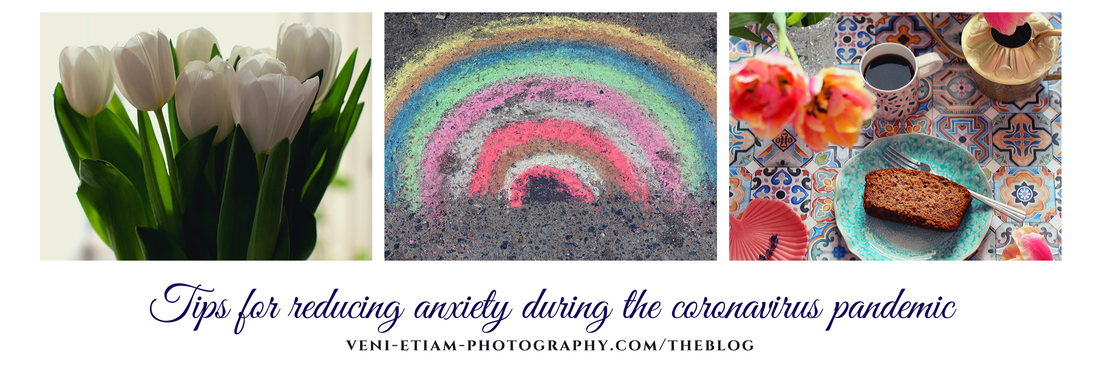






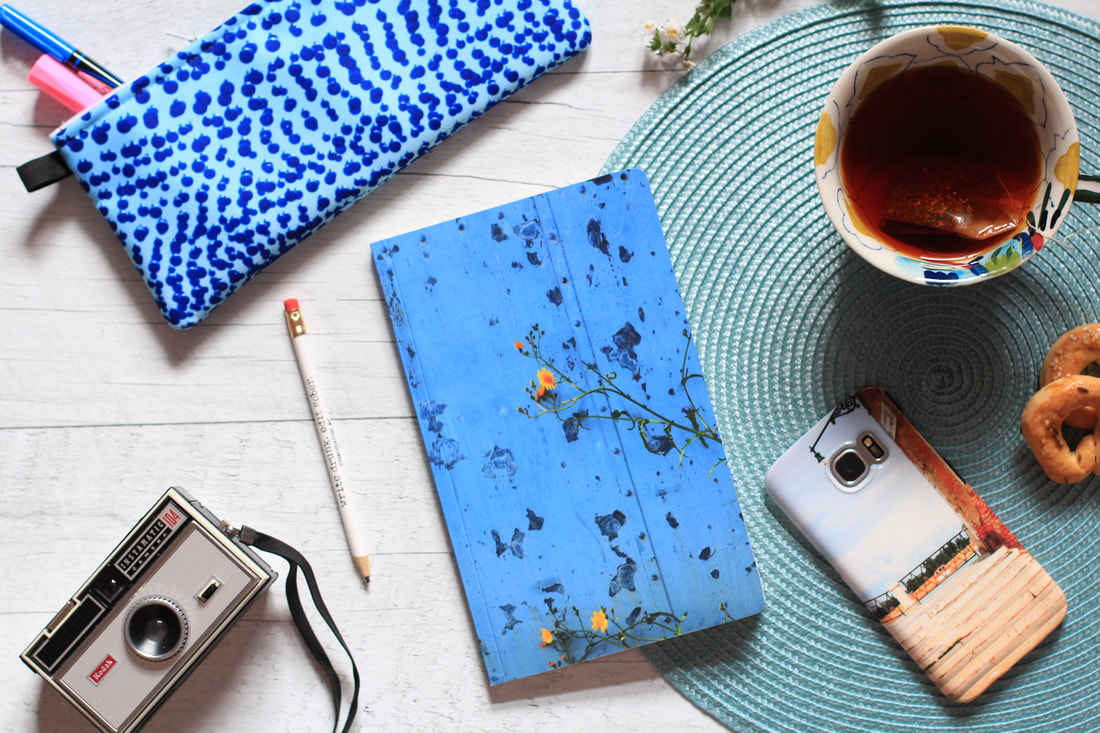
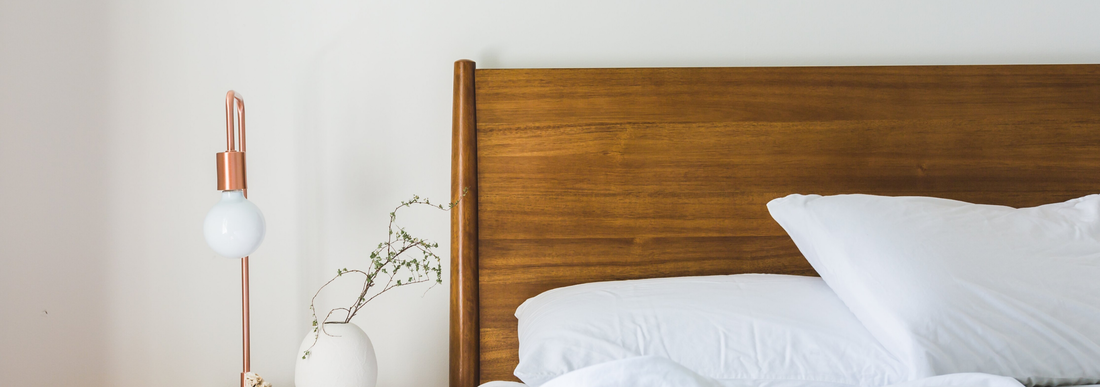





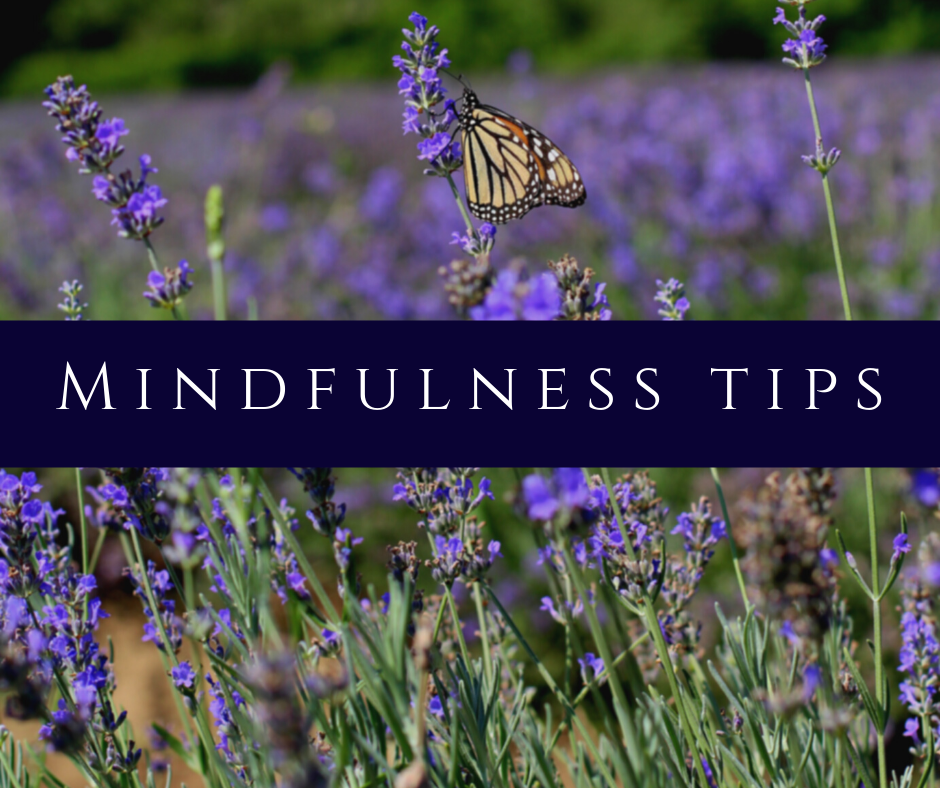
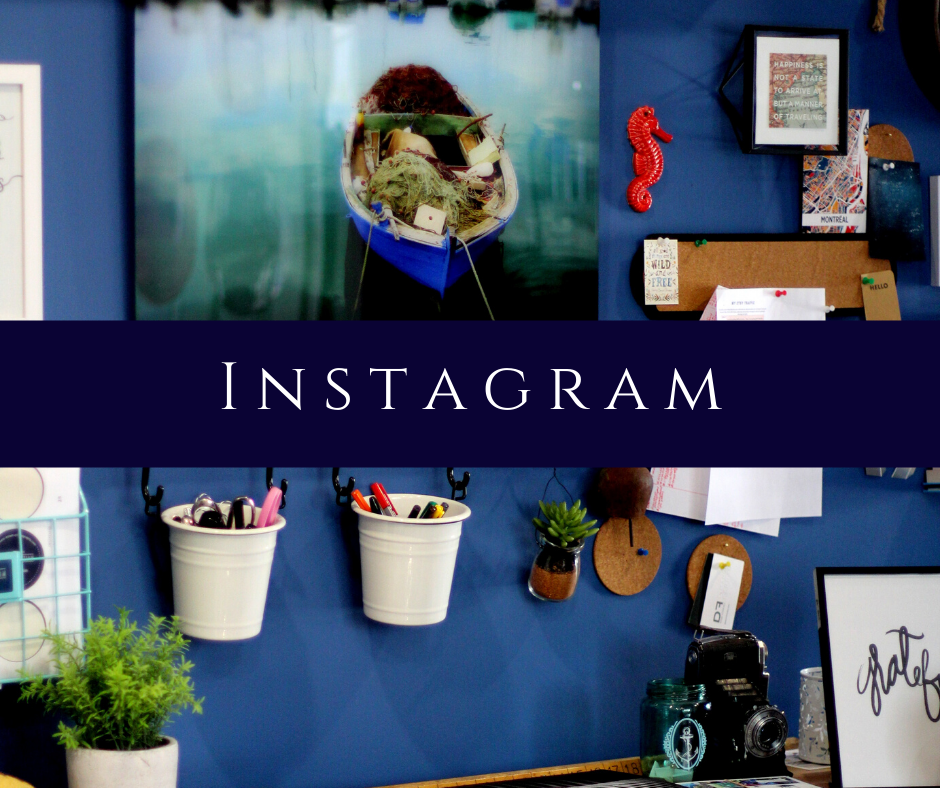


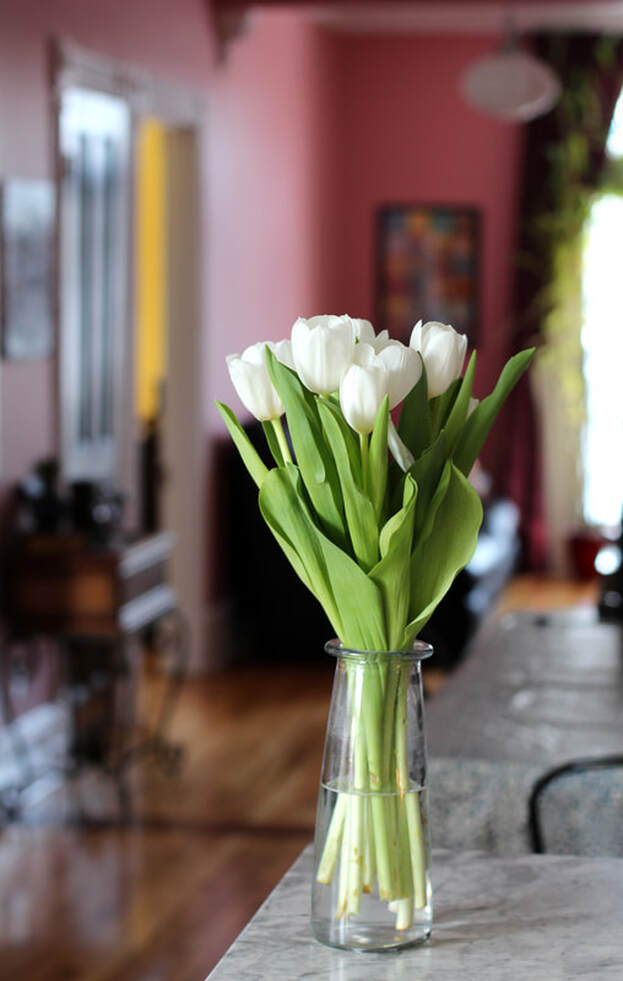

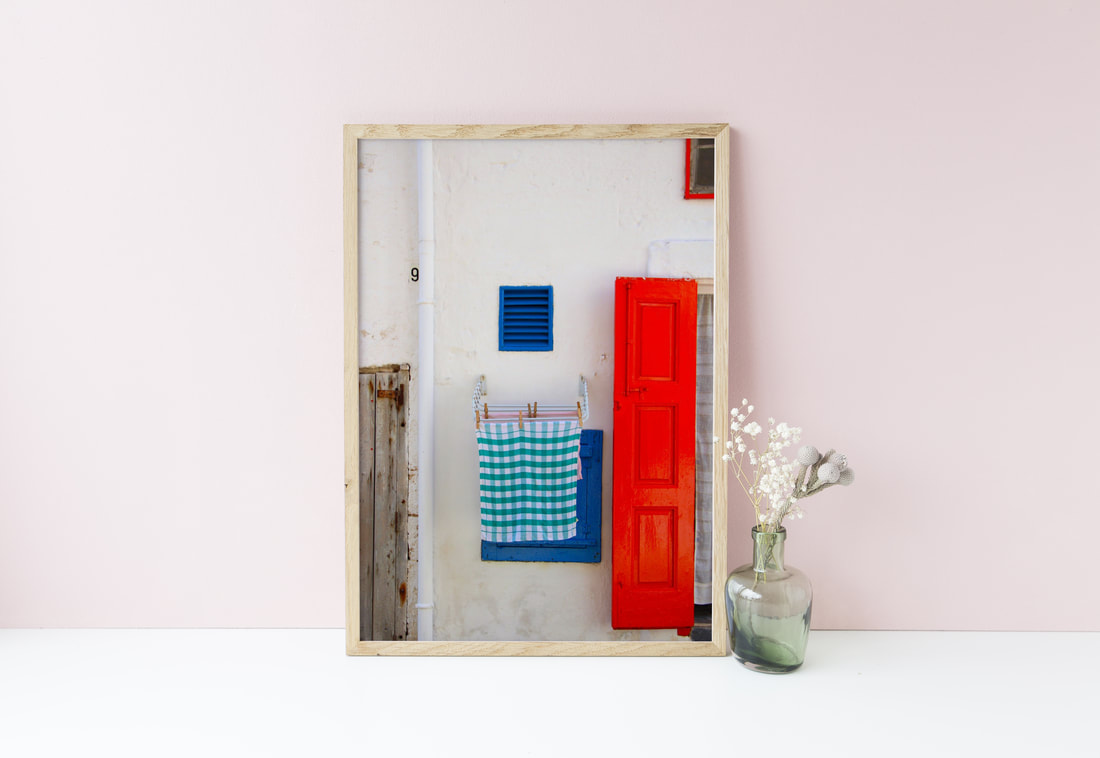
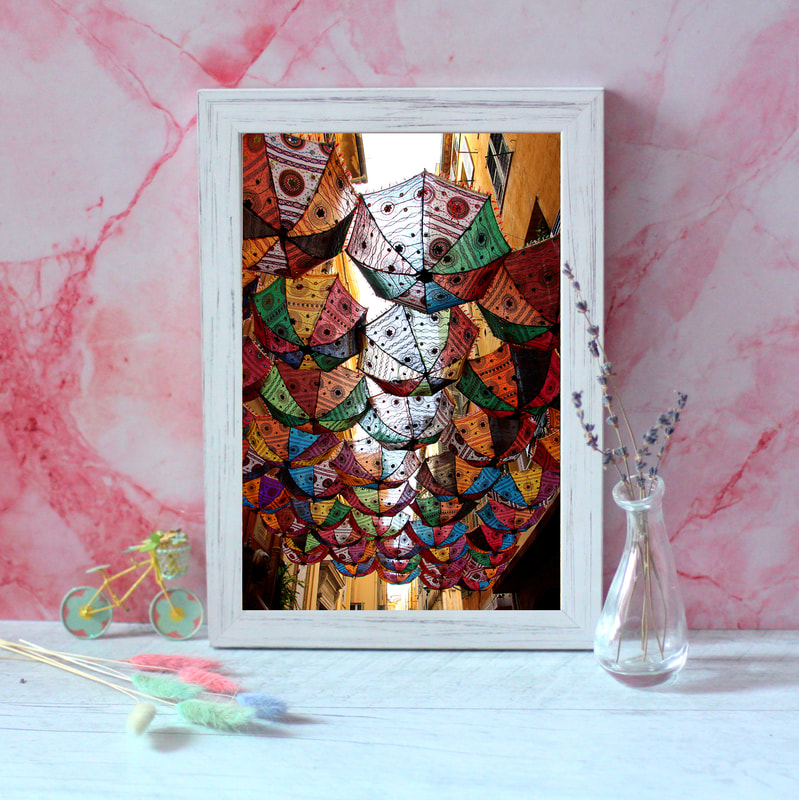

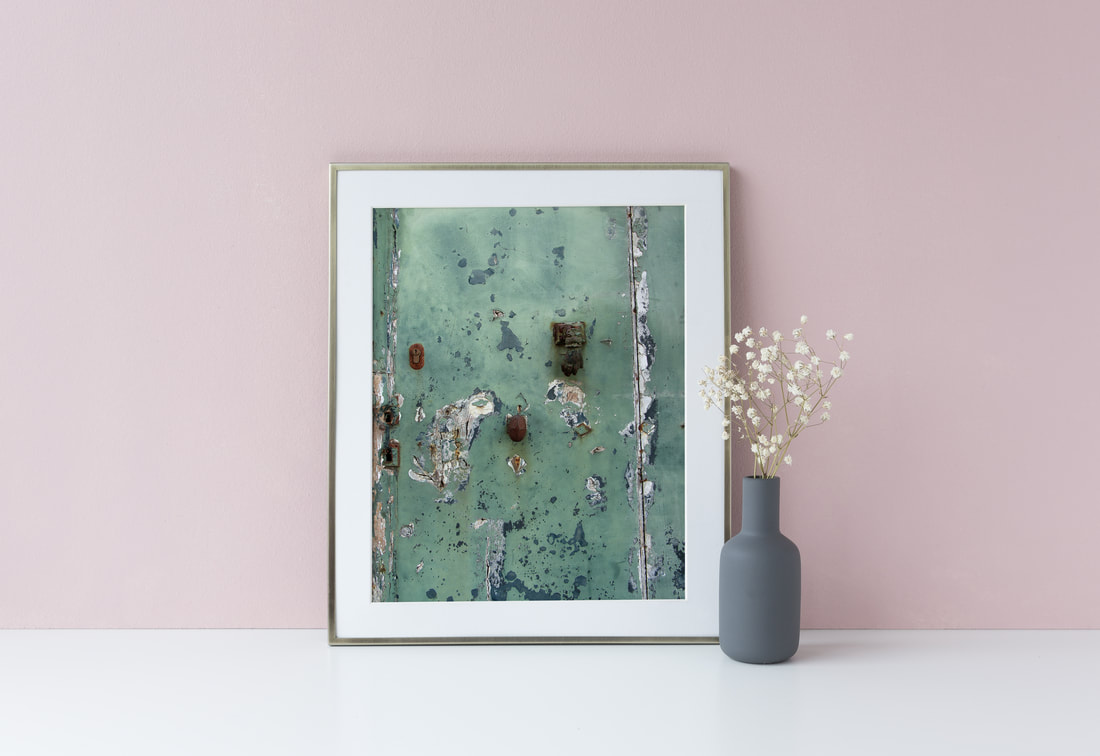


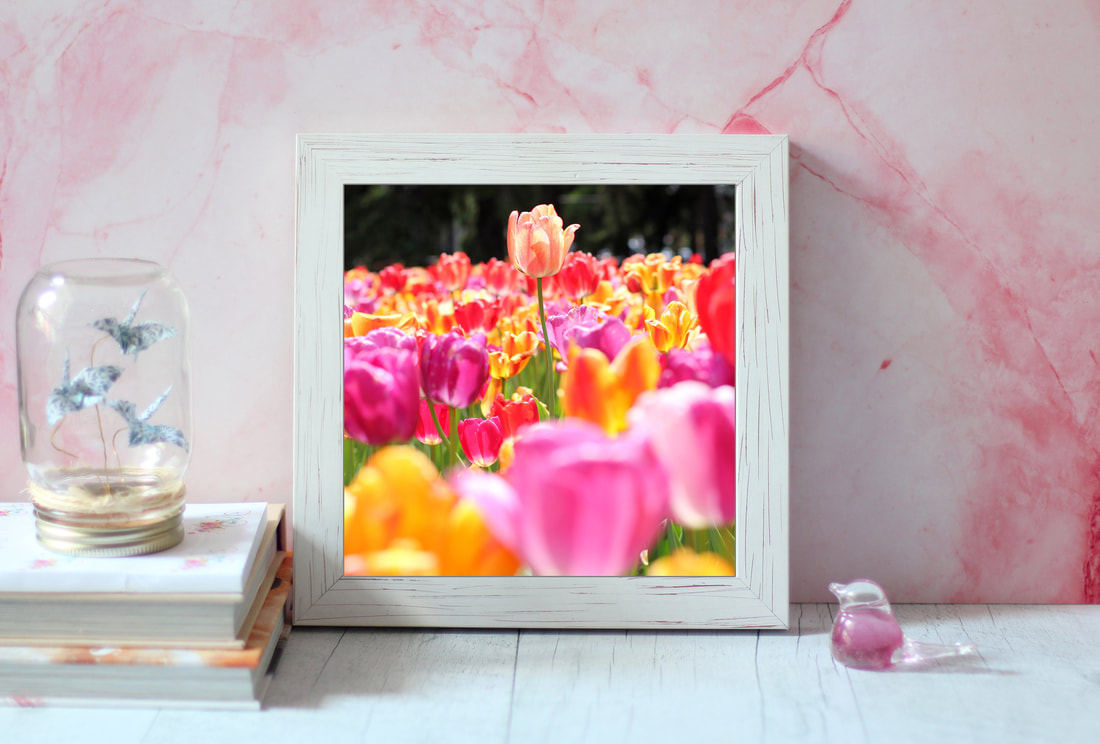




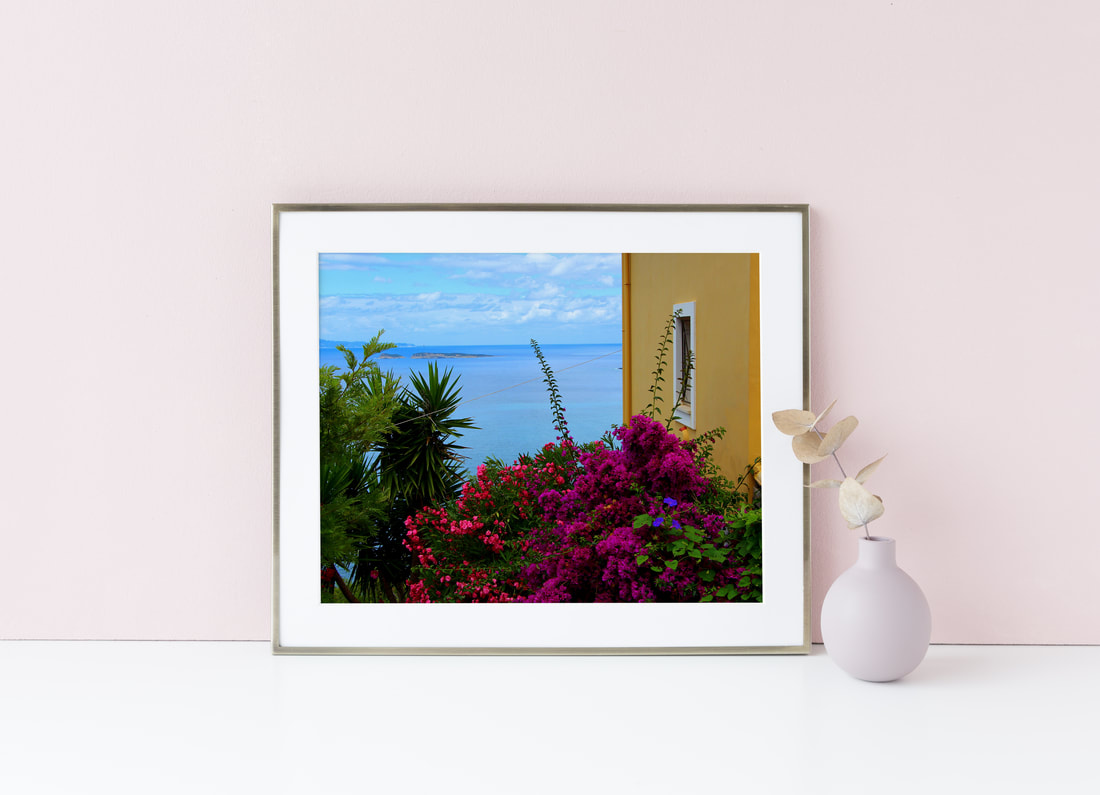



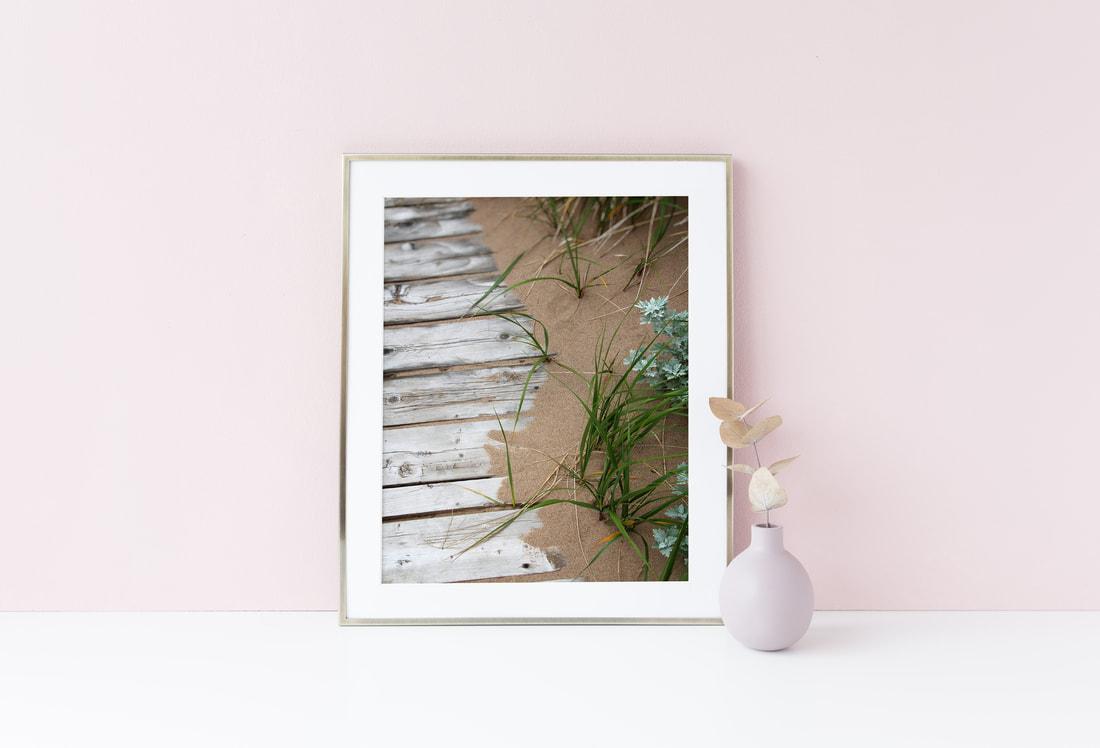

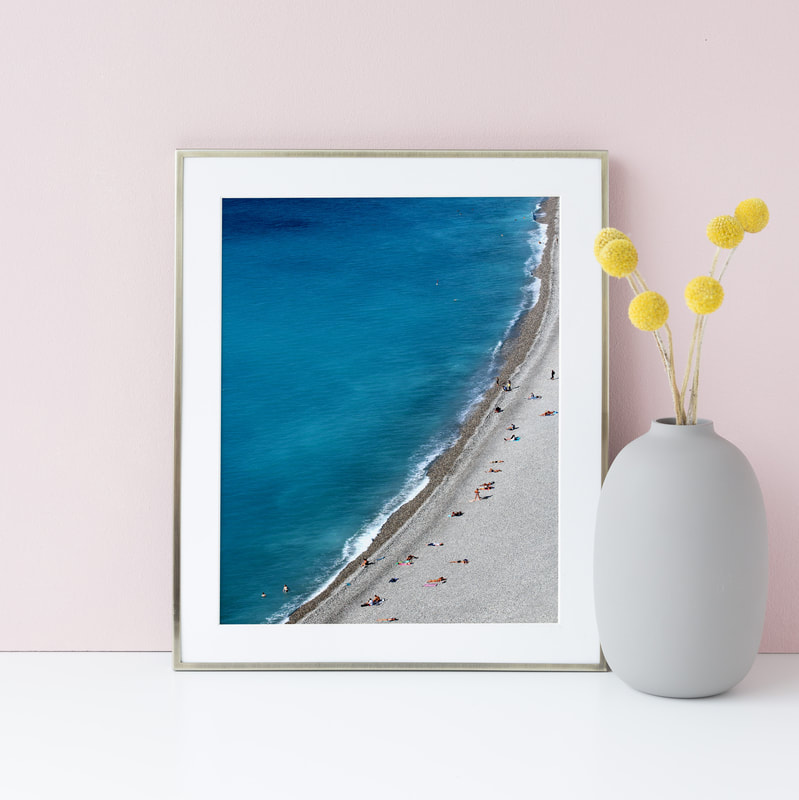


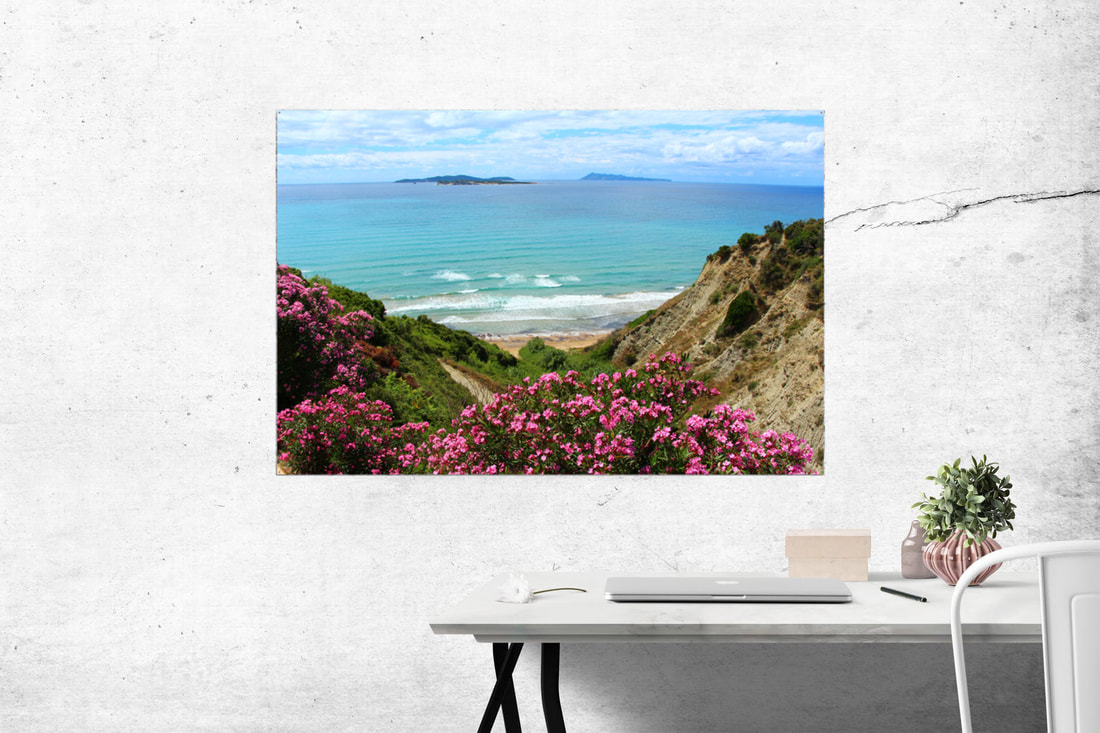



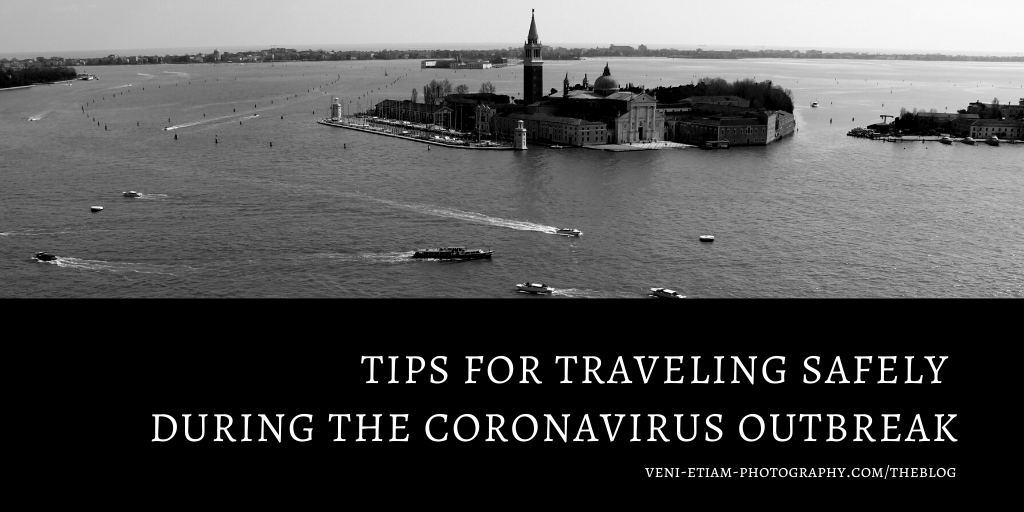





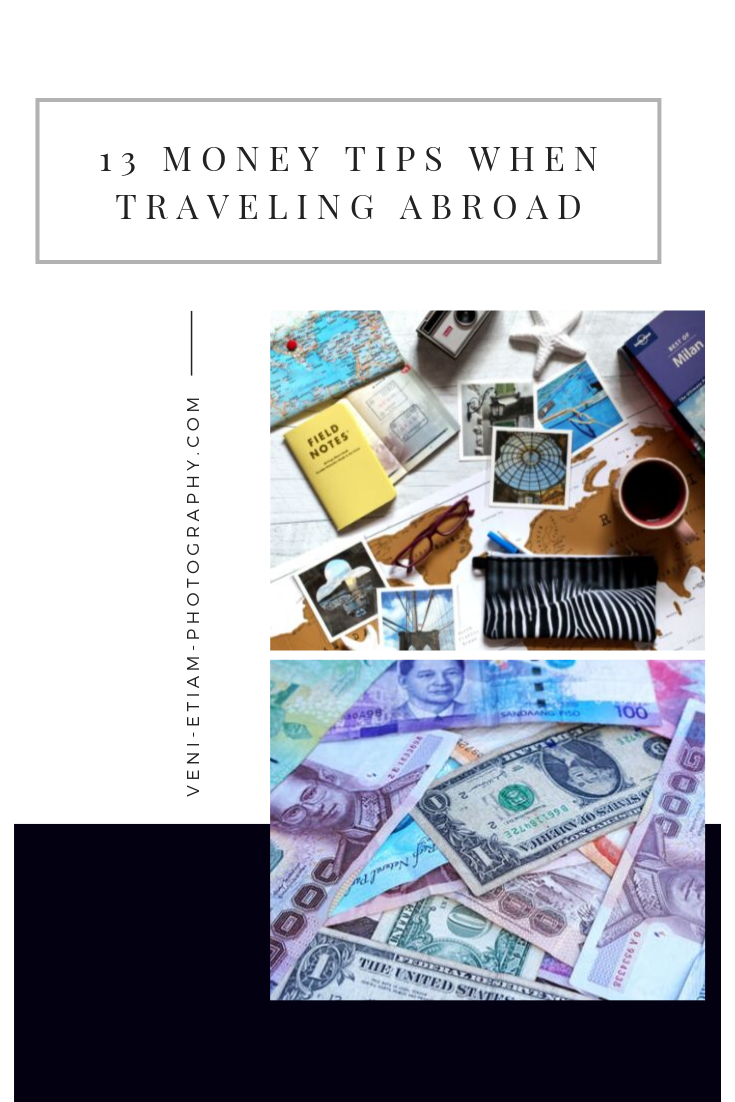

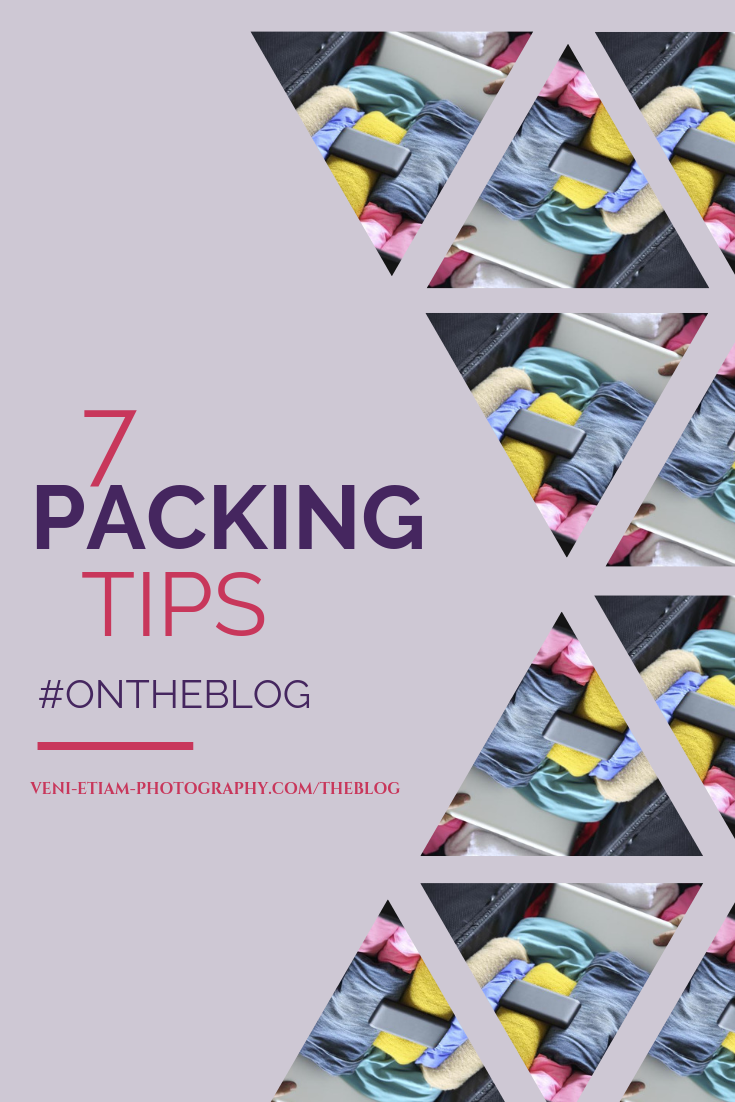








 RSS Feed
RSS Feed